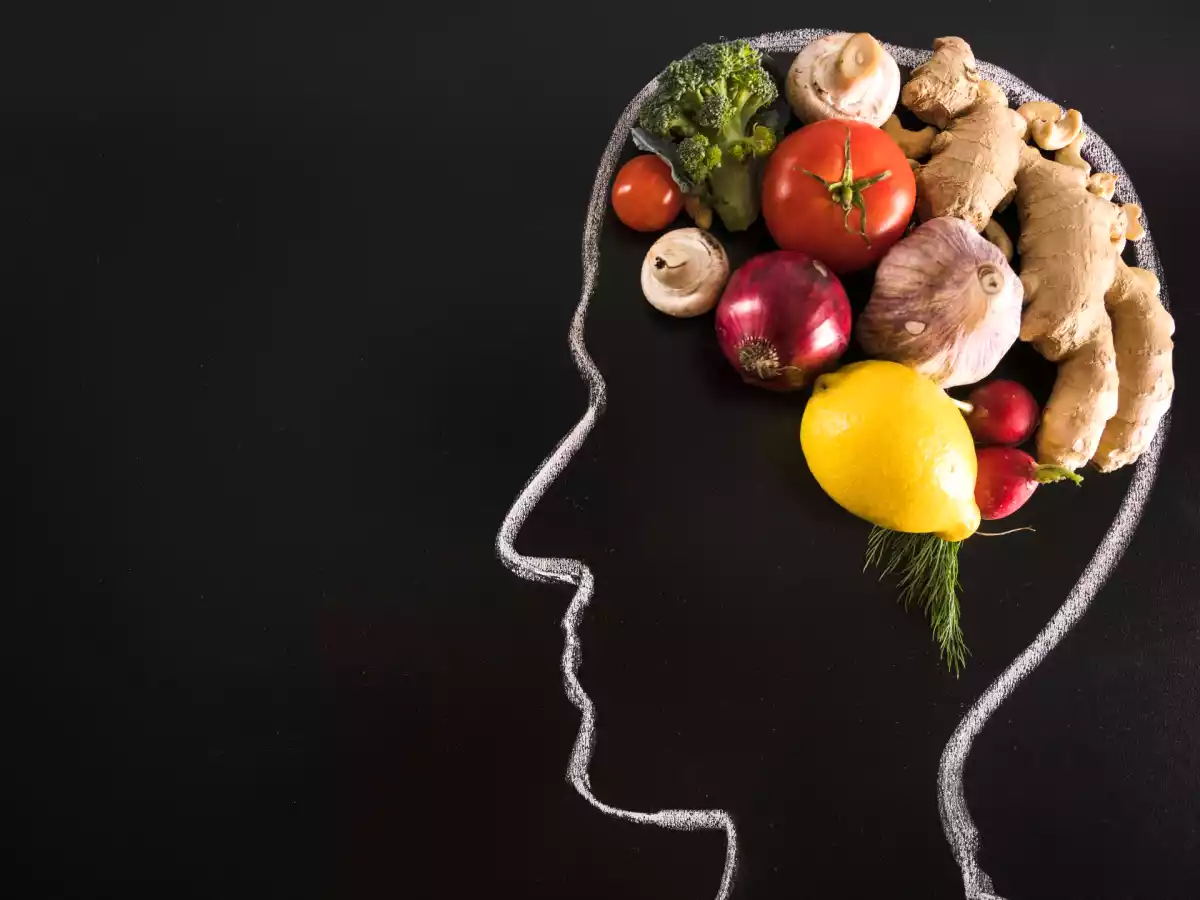Amazing discovery: the gut is our second brain!

Recent scientific studies have unveiled a surprising link between the gut and the brain. The gut, in fact, can be considered a true "second brain," capable of significantly influencing our mental and physical well-being. This discovery has opened up new perspectives in understanding the human body, highlighting the importance of proper gut health in maintaining overall balance.
Enteric nervous system: the secret of a happy gut
Underlying the concept of a 'second brain' is the enteric nervous system. This network of more than 100 million neurons in the walls of our intestines is able to coordinate all digestive functions independently of the brain. In other words, our gut has its own 'mind' that allows it to work independently.
The gut and the brain are always in contact thanks to the vagus nerve. This nerve is like a bridge that allows the exchange of information between the two. Therefore, what happens in the gut can affect our mood and thinking, and vice versa. An example is stress stomach pain, but this connection is important for many other functions in our body.
Happy gut, peaceful mind: science confirms it
The gut is full of life! Billions of bacteria, which form the gut microbiota, are constantly working for us. Not only do they help digestion, but they also produce important substances for the brain, such as serotonin. This substance, often called the "happy hormone," regulates our mood. It is surprising to discover that much of the body's serotonin is produced right in the gut, creating a direct link between gut well-being and our mood.
Recent studies have found that bacteria in our gut, when out of balance, can affect our mood, causing sadness and anxiety. Scientific research is delving into how a balanced diet, rich in milk enzymes and fiber, can help rebalance gut flora and, as a result, improve our mood.
The gut: an unexpected ally against stress
The brain-gut connection is critical to our mental and emotional health. Stress triggers chain reactions in our bodies, also affecting gut function. Conversely, gut disorders such as irritable bowel syndrome can aggravate states of anxiety and depression, creating a vicious cycle between mind and body.
Recent studies suggest an interesting link between our gut and emotions. Physical sensations such as "butterfly in the stomach" or "tight tummy" could be messages that our gut sends to the brain through the vagus nerve. This nerve connects the brain to the gut and could explain why we often associate certain emotions with specific physical sensations in the stomach.
Your gut talks to your brain: find out how to feed them both
Want to feel more peaceful and happy? Start with your diet! The gut, in fact, is closely connected to the brain. Eating fermented, probiotic-rich foods and a varied, balanced diet can improve communication between the two, promoting optimal mental well-being.
Fiber-rich foods, such as garlic, onions, and oats, nourish the beneficial bacteria in your gut, helping you digest better and feel lighter. Yogurt, kimchi and kefir, thanks to probiotics, help restore the balance of intestinal flora, promoting a healthy gut and better mood. Dark chocolate and oily fish are also valuable allies, as they can help reduce stress and improve mood.
You might also be interested in:
 Daniele Mainieri
Daniele Mainieri

Comments